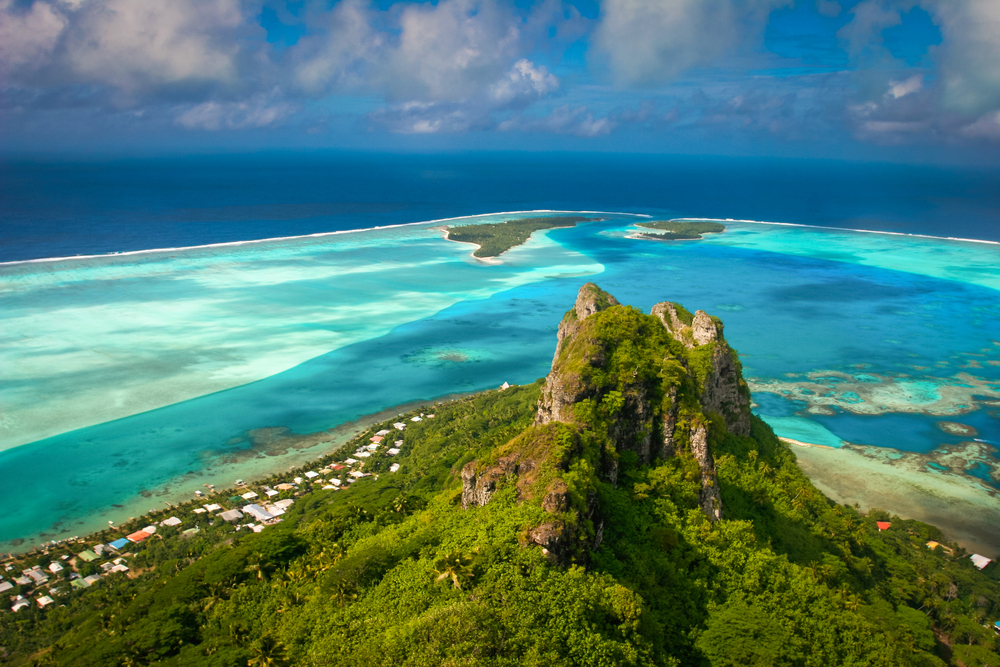The countries with the cleanest air in the world have been ranked in a new report. We take a look at the results
The Pacific Island nation of French Polynesia has the world’s cleanest air, according to the latest World Air Quality Report from IQAir. The report ranks 134 countries and territories by the level of fine particulate matter present in the air.
Air pollution continues to pose one of the biggest threats to human health, causing the death of seven million people every year. Billions more suffer the effects of poor air quality. In fact, the World Health Organisation (WHO) estimates that 92% of the global population breathes toxic air.
French Polynesia, an overseas collectivity of France, has the cleanest air in the world, followed by the island nations of Mauritius, Iceland, Grenada and Bermuda.

Of 134 countries and regions surveyed in the report, just 10 countries or territories – French Polynesia, Mauritius, Iceland, Grenada, Bermuda, New Zealand, Australia, Puerto Rico, Estonia and Finland – are meeting a World Health Organization (WHO) guideline limit for tiny airborne particles expelled by cars, trucks and industrial processes. Only seven of those 10 are sovereign nations: Australia, Estonia, Finland, Grenada, Iceland, Mauritius and New Zealand.
At the other end of the spectrum, Bangladesh has the worst air quality followed by Pakistan, India, Tajikistan and Burkina Faso respectively.
Air Quality Index
The report analyses results from over 30,000 monitoring stations across the globe, making it the world’s largest centralised platform for measuring air quality.
It also draws on data collected from thousands of clean air initiatives administered by governments, non-profit organisations, citizens, communities and private companies.
The report focuses on PM2.5 concentrations as this is the pollutant widely regarded as most harmful to human health. PM2.5 is defined as ambient airborne particles measuring up to 2.5 microns in size. A micron (or micrometre) is one-millionth of a metre or one-thousandth of a millimetre.


Its microscopic size allows the particles to enter the bloodstream via the respiratory system and travel through the body, causing a range of health problems including asthma, lung cancer and heart disease.
Air pollution is…
Click Here to Read the Full Original Article at Atlas & Boots…